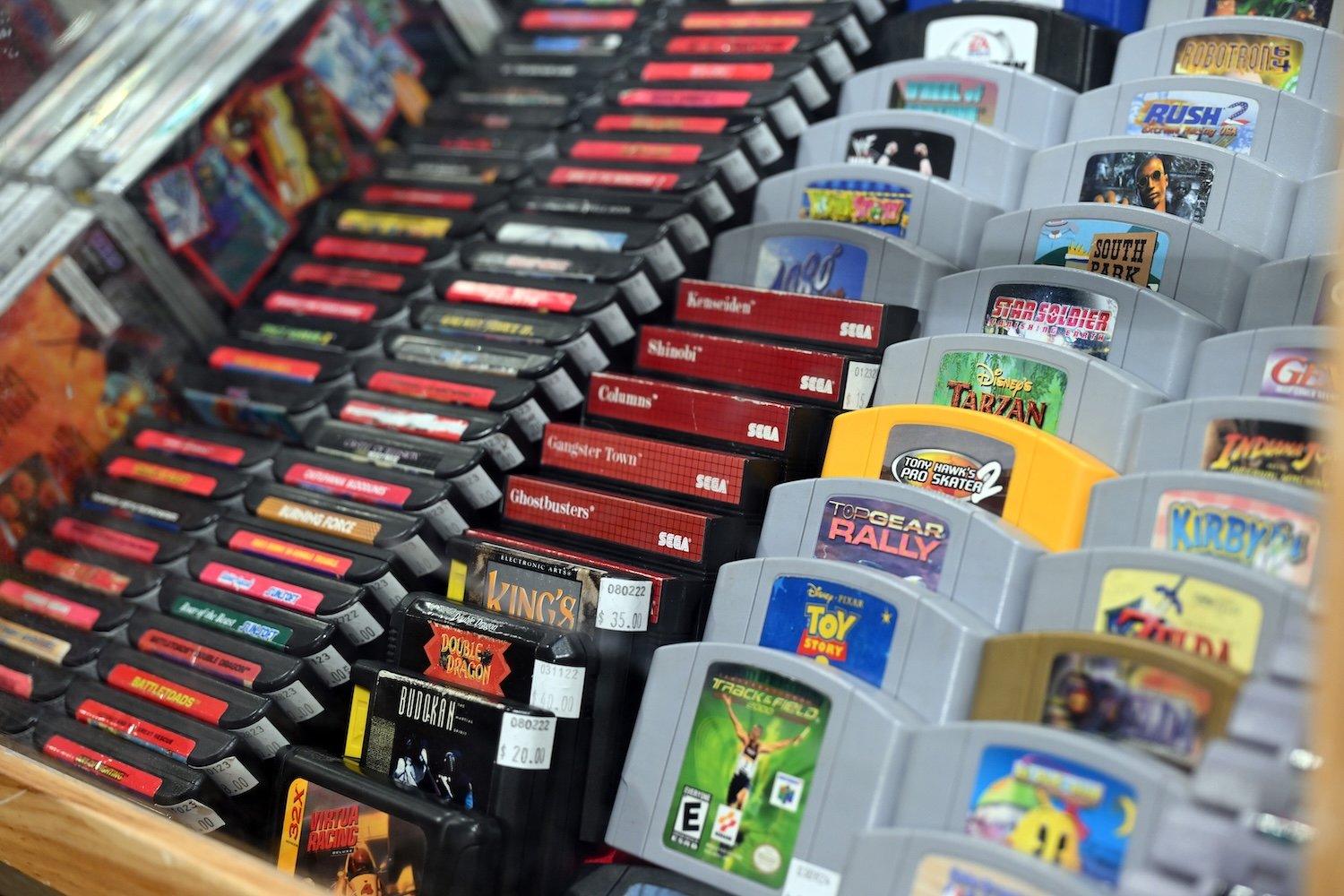“Most of the world’s video games from close to 50 years of history are effectively, legally dead. A Video Games History Foundation study found you can’t buy nearly 90% of games from before 2010. Preservationists have been looking for ways to allow people to legally access gaming history, but the U.S. Copyright Office dealt them a heavy blow Friday. Feds declared that you or any researcher has no right to access old games under the Digital Millennium Copyright Act, or DMCA.”



“Fair Use” is a thing. Someone needs to go back to law school.
https://en.m.wikipedia.org/wiki/Fair_use
Pearson is trying really fucking hard to write that out of the public consciousness. I took an econ 101 class about 12y ago for funsies and the section of the course on copyright insisted that “the rights of copyright owners” were absolute with no exemptions.
Of course, it’s in their best interests to falsely educate.
IMO when it comes to educational books that are intended to be used within an educational system like a college, first amendment shouldn’t apply. The entire purpose is to educate the public your freedom of speech interferes with facts. Should it be found that your books consciously represented misinformation, the company is automatically found at fault and must recall then replace all books at their own cost and be fined tens of thousands of dollars per book that remains after five years.
Should they fail to replace 80% of all sold books within those 5 years, the entire chain of command responsible will face prison terms no lower than one year.
There were so many textbooks I had through my years of education that were blatantly wrong.
I’m also looking at those schools who want to teach creationism in place of evolution. Can’t misrepresent facts when the books you can use get recalled.
Bet you read that in a textbook
how do the rights of the copyright holders interact with CCTV?
I’m no lawyer, but I can’t really find a way that fair use is applicable in this case. Also point 4 is taken into consideration here. And no I obviously don’t agree that games shouldn’t be allowed in libraries. The law should be changed. I just don’t see how fair use is relevant.
See also first sale doctrine:
“Lending of physical books held by the library is permitted under the first sale doctrine. In other instances, such as making copies of articles and checking them out to students, libraries may rely on fair use to justify course reserves. A recent landmark case related to electronic reserves is Cambridge v. Patton, in which a group of publishers sued Georgia State University for their liberal e-reserves policy. The courts held GSU to be the prevailing party, finding fair use in the majority of alleged infringements”
https://guides.library.oregonstate.edu/copyright/libraries#:~:text=to course reserves%3F-,A.,use to justify course reserves.
See also Ben Franklin:
https://www.smithsonianmag.com/history/how-ben-franklin-invented-library-as-we-know-it-180983983/
Interesting.
If you click the first link under :
http://www.copyright.gov/title17/92chap1.html#109
You get a legal text which is almost completely unreadable to me.
But the law explicitly mentions video games:
Do I understand the section above that? Hell no. It’s in a foreign language to me (literally and figuratively).
I feed the entire section to chatGPT and asked it about libraries and video games. It says that video games generally aren’t allowed to be lend at libraries. It’s AI so take it with a grain of salt but to be fair LLMs are pretty good at analysing large amounts of text like this. But if you can read it, I encourage you to do that instead.